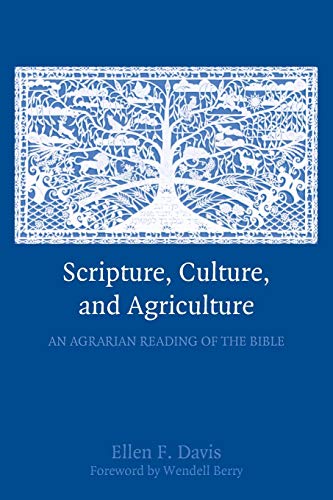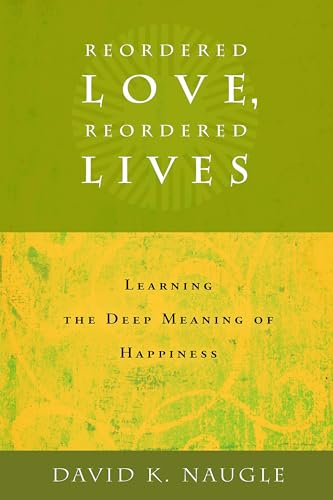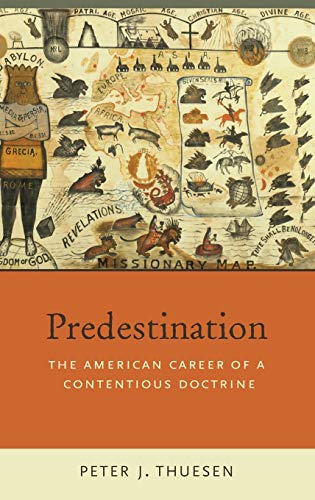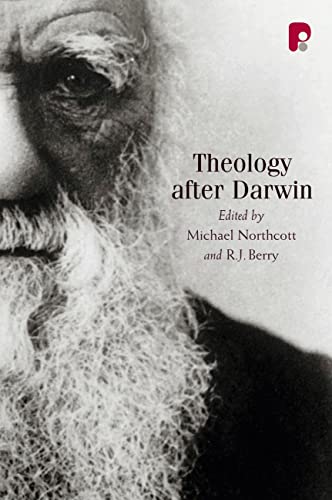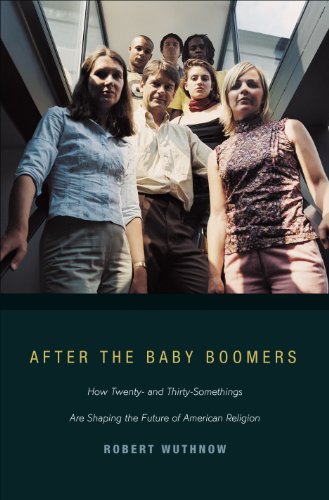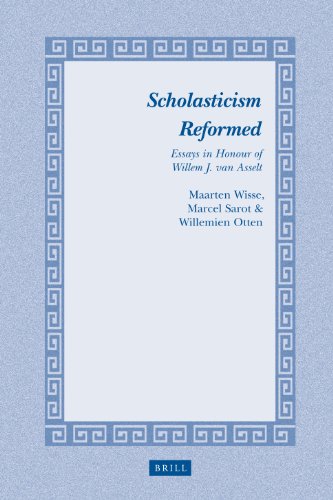Scripture, Culture, and Agriculture: An Agrarian Reading of the Bible
Written by Ellen F. Davis Reviewed By Tim BarkerEllen Davis, an identified urbanite, writes about the agricultural viewpoint of the Hebrew Bible. She cultivates a conversation between the ancient Hebrew text and modern agrarian writers. “Agrarianism is a way of thinking and ordering life in community that is based on the health of the land and of living creatures” (p. 1). With the subtitle of “an agrarian reading of the Bible,” one might think that Davis is indicating a new method. Her approach is really about a perspective emphasizing the historical, social, and geographical features. The book is a collection of nine essays pertaining to the conversation between the Hebrew Bible and agrarianism.
The first chapter plants the seed for seeing agrarianism in the OT. Davis binds the land-centeredness of its message with the ecological issues of the current world (theological rather than technological). Part of the adjustments needed to correct the ecological crisis involves hoping for better. Davis locates this mentality in the prophets, who join environmental harmony with the flourishing of humanity. Thus, Jer 4:23–26 indicates that hurting the environment (modern parallels are mountaintop removals and agribusiness) is also destructive to human society. Prophetic voices call people from apathy toward covenant commitments to the land. Isaiah 24 speaks of the everlasting covenant of humans and the environment, giving specific instruction on their relationship.
Chapter 2 explains that most modern readers’ distance from agriculture actually erodes their understanding of the Scripture’s meaning. Davis articulates the two moral systems regarding food resources as the productionist ethic and the theological land ethic. The productionist ethic seeks to make as much food as possible, so that it is as cheap as possible with no regard for the cost to the land. The theological land ethic understands the land and humanity as both created by God. The Promised Land was a place of fragile agriculture because of its geography. It required dependence on God and following his principles to produce food for the people.
The next three chapters survey the acreage of the Pentateuch. Chapter 3 addresses Gen 1, acknowledging ecological concerns over the common use of the idea of “exercising dominion over the earth.” Following Walter Brueggemann’s reading of Gen 1 as a liturgical poem, she sees a harmony of P’s and J’s understandings of the relationship of humanity and the land. Humanity’s responsibility in the cultural mandate is “to secure the food system that God gives to sustain all creatures” (p. 58). Chapter 4 contrasts the wilderness tradition with Egyptian and Canaanite cultures of the time. It presents a thorough agrarian society focused on a distinct form of eating. Eating that is not based on exploitive production or inequitable distribution. Manna displays a view of eating that acknowledges God’s sovereignty and his generous provision for all people requiring restraint instead of lavishness. Chapter 5 argues from Leviticus for an interdependence and complexity of humanity and the rest of the created order. It is due to the church’s neglect of the book of Leviticus that a wholesome materiality is so foreign. In the seemingly secularity of farming and diet, Israel could declare its sacred faithfulness. Davis argues that as blessings and curses are connected to covenant faithfulness, so modern society must consider curses that will come from the lack of concern for the earth.
Chapter 6 casts the OT agrarian economy as countering the surrounding Canaanite economies that emphasized royal centrality. The possession and use of local land was to support the needs of a local population. Chapter 7 looks to the Hebrew prophets for direction on how modern agrarian poets can use metaphors and stanzas to draw people back to the needs of the land. The prophets drew attention to a change in economic interests to produce more grain for cities, expensive products, and to heighten the appetite for opulence. Chapter 8 addresses the contrast of sloth and the wisdom of good work. Taking up Karl Barth’s view of sloth as the undoing of creation, Davis exposes as false the assumption that abundance does not require thrift. The good work of thrift is in fact an evidence of wisdom just as in Prov 31.
Finally, chapter 9 addresses what feels like an anti-urban sentiment throughout the whole book. Biblical urbanism sees connectedness of the city and the surrounding rural communities. The urban environment must appreciate its dependence on the fields of the rural regions that support it. Two views of urbanism are contrasted: Babel’s self-interest versus Zion’s shalom-interest. This moral sentiment of well-being extends even to an urban view of land as illustrated by Detroit’s efforts to be a “postindustrial green city.”
What is perhaps most engaging about Davis’ reading is the intent for the Hebrew Bible to speak to current issues, as if relevant to the discussion. The conversation between modern agrarian writers and the biblical text is filled with similarities as pointed out. I do wonder if the differences are significant to point out as well. Agribusiness and productionist mentalities are not on par with biblical teaching, but neither should the agrarian poet perspective be adopted wholesale. Davis does speak of voices from other sectors informing the conversation. Indeed, the response of politicians and business executives should also be solicited for explanation. As a fresh table conversation is raised by Davis, the guests are responsible to ensure all perspectives are heard on the topic.
Tim Barker
Tim Barker
Exodus Church
Somerville, Massachusetts, USA
Other Articles in this Issue
Most of us, I suspect, develop fairly standard ways, one might even say repetitive ways, to appeal to the motivations of our hearers when we preach the gospel...
How to Write—and How Not to Write—A Review: An Appreciative Response to Reviews of Ancient Near Eastern Themes in Biblical Theology by Dempster and Edgar
by Jeffrey J. NiehausI want to thank Themelios for the unusual opportunity to interact with two reviewers of my book Ancient Near Eastern Themes in Biblical Theology...
Parallels, Real or Imagined? A Review Article of Jeffrey J. Niehaus, Ancient Near Eastern Themes in Biblical Theology
by William EdgarWhen I came to Westminster Theological Seminary in Philadelphia as a young student in the 1960s, two things struck me...
Why Evangelicals Should Ignore Brian McLaren: How the New Testament Requires Evangelicals to Render a Judgment on the Moral Status of Homosexuality
by Denny BurkIn 2006 on Christianity Today’s leadership blog, Pastor Brian McLaren urged evangelical leaders to find a “Pastoral Response” to their parishioners on the issue of homosexuality...
A Member of the Family or a Stranger? A Review Article of Jeffrey J. Niehaus, Ancient Near Eastern
by Stephen DempsterWe cannot overstate how important knowing the context is for understanding the significance of any communication, whether that is a simple word, sentence, paragraph, larger text, sign, photograph, or cultural cue...


